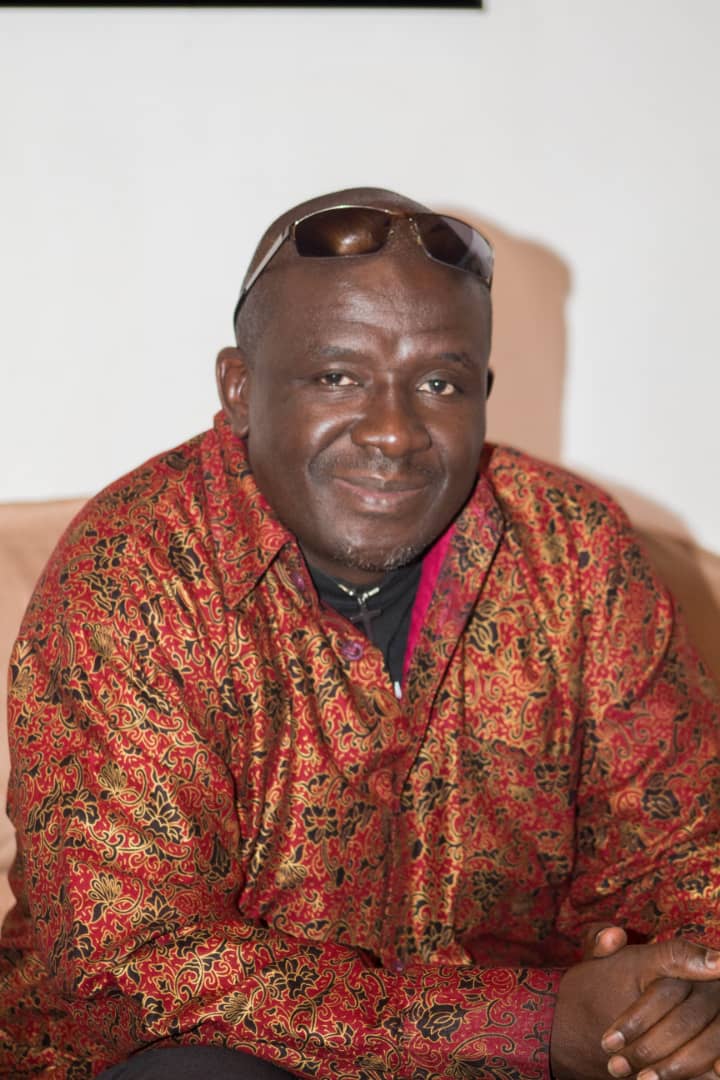The current public spat between the Malawi Congress Party (MCP) and Vice President Michael Usi has attracted attention including mine. But beneath the noise, one might ask, is this really about democratic accountability, or is it political opportunism dressed in the language of integrity ?
Let us be clear. Malawi is in campaign mode right now ahead of the 16th September elections. President Dr Lazarus Chakwera has already moved on with a new running mate, Hon Engineer Vitumbiko Mumba. The now political partnership between Chakwera and Usi is, for all intents and purposes, a formality until the new administration is sworn in. This means the so-called “relationship breakdown” between the two men is largely irrelevant to the current campaign. The President’s focus is on winning re-election and the Vice President’s words are unlikely to derail that.
And yet, Usi’s recent attacks on the government he serves raise serious questions. How does a sitting Vice President the second most powerful official in the land publicly criticise the same administration he represents? If he truly believes what he is saying, the honourable course is clear resign and speak freely from outside the executive. Anything less risks looking like political theatre.
Let us also not ignore the timing. These outbursts are coming at the peak of campaign season, after Usi was left out as Chakwera’s running mate. Is this genuine concern for governance, or a calculated attempt to distance himself from an administration he knows he will not be part of after September? The bitterness is hard to miss, and the selective nature of his criticisms only strengthens the suspicion that this is more about political survival than principle.
The MCP’s threat to investigate Usi’s alleged unexplained asset growth is predictable in an election season parties will always try to discredit their opponents. But here’s the twist if there is substance to those allegations, civil society should pick them up after the elections and demand full accountability. This is not just about Usi, it is about whether public officials, regardless of title, can explain their wealth.
Ironically, while Usi’s conduct might undermine his own credibility, it also highlights something positive about Malawi’s democracy. The fact that a Vice President openly criticise the government shows a high degree of political tolerance that should not be overlooked. It is a credit to President Chakwera’s administration that dissent within the executive is not met with swift political punishment.
Still, the Vice President’s approach is deeply flawed. Criticism from within government must be consistent, principled, and backed by a willingness to take personal responsibility not simply a convenient positioning tool in a heated election season. Otherwise, it risks being seen for what it likely is political posturing by a man who feels sidelined and is preparing his own next chapter.
The lesson here is simple. Accountability is important, but so is integrity. You cannot claim to hold others to account while benefiting from the same system you are publicly condemning. If Vice President Usi wants to be taken seriously as a champion of good governance, he must decide whether he is an insider working for reform or an outsider holding power to account. Straddling both roles only erodes public trust in him, and in the very idea of principled leadership.
NB: Undule Mwakasungula is a Malawian governance, public policy, and human rights advocate with extensive experience in promoting democracy, social justice, and inclusive development. He is known for his outspoken positions on governance, elections, and accountability.
